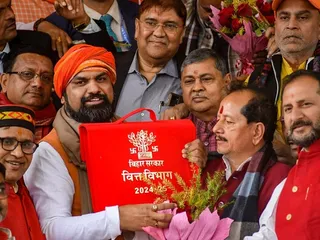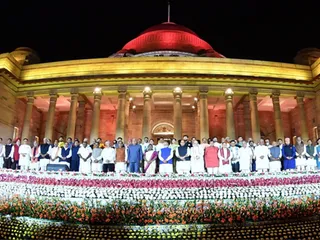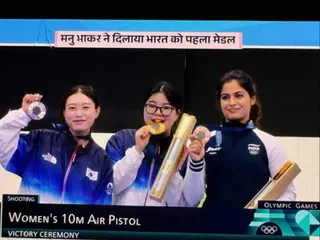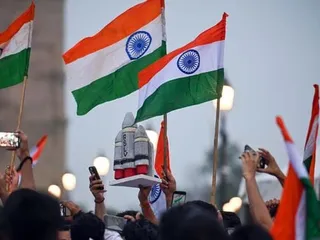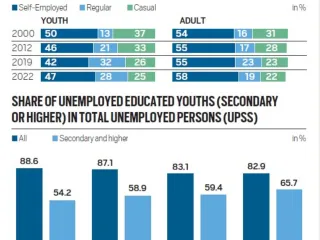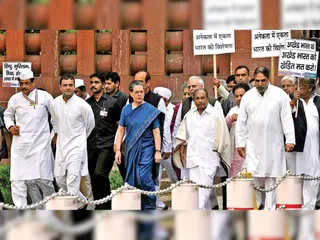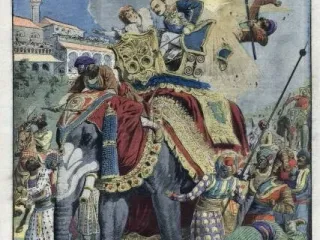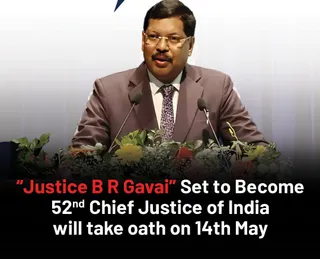Savitribai Phule (3 January 1831 – 10 March 1897) stands as a towering figure in Indian history, a woman who relentlessly challenged societal norms and championed the cause of women's education and social justice in 19th-century Maharashtra. Born into a marginalized Shudra caste family, her life was a testament to unwavering determination and selfless dedication to uplifting the oppressed.
Married at a young age to Jyotirao Phule, a fellow social reformer, Savitribai became a crucial partner in his progressive endeavors. Together, they established the first school for girls in Pune in 1848, a radical act in a society that vehemently opposed female education. This was not merely a symbolic gesture; it represented a direct challenge to the deeply ingrained patriarchal structures that confined women to domestic roles. They faced immense resistance, including social ostracism, ridicule, and even physical attacks.
Savitribai's commitment extended beyond establishing schools. She actively taught in these institutions, facing relentless opposition. Her courage and conviction in the face of adversity set a powerful example. She understood that education was not merely about literacy; it was about empowering women to challenge their subordinate status and fight for their rights. She actively worked to alleviate the suffering of widows and the marginalized members of society, providing them with healthcare and support.
Beyond her educational work, Savitribai was a prolific poet and writer. Her poetry, composed primarily in Marathi, is a powerful reflection of her experiences and struggles, giving voice to the marginalized and advocating for social justice. Her works frequently addressed themes of caste inequality, gender discrimination, and the importance of education. These poems served as powerful tools for social change, inspiring generations to come.
Savitribai and Jyotirao also actively campaigned against the practice of untouchability, a deeply ingrained form of social discrimination in the caste system. They provided refuge and support to those facing ostracization, demonstrating a profound commitment to social justice. Their work extended to improving sanitation and healthcare, particularly for women and children from marginalized communities.
The legacy of Savitribai Phule continues to inspire. She remains a potent symbol of resistance, courage, and unwavering dedication to social justice. Her contributions extend beyond the confines of 19th-century India; her story serves as a powerful reminder of the importance of education, gender equality, and the struggle against all forms of oppression. Her life and work are an inspiration to all those working towards a more equitable and just society. Her relentless activism and dedication continue to resonate in contemporary social movements working for gender equality and social justice.
While numerous biographies and academic papers exist, further research into her life and contributions constantly reveals new facets of her incredible influence. Understanding her life is crucial for understanding the complexities of social reform in India and the ongoing fight for equality.














